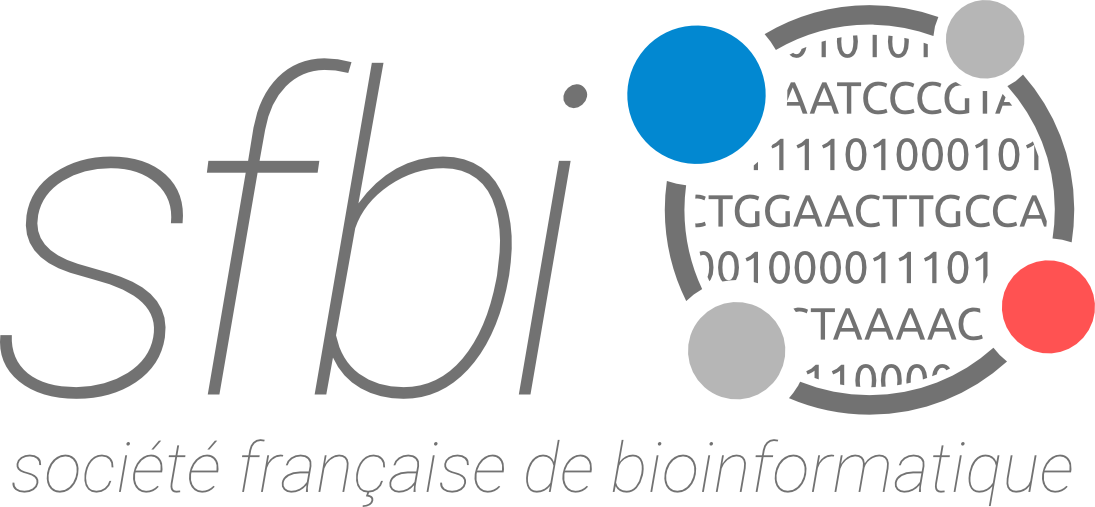Master 2 - Multi-omics characterization of MSI tumors
Stage · Stage M2 · 6 mois Bac+5 / Master Instabilité des microsatellites en cancer, CRSA · Paris (France)
Mots-Clés
genomics transcriptomics proteomics cancers MSI
Description
Multi-omics characterization of MSI tumors
Team: Instabilité des microsatellites et cancers, Centre de Recherche Saint-Antoine, Paris
Team leader: Alex Duval
Website: https://www.crsa.fr/equipe-alex-duval.html
Inherited or somatic inactivation of mismatch repair (MMR), a pathway dedicated to the correction of DNA replication errors, results in a specific tumor phenotype characterized by a high frequency of nucleotide substitutions and a widespread instability at DNA microsatellite sequences (MSI, MicroSatellite Instability). Initially identified in colorectal cancers, MSI is also frequently observed in endometrial and stomach cancers, and to a lower extent in a number of other primary tumor locations. MMR loss is not a transforming event per se but fuels tumorigenesis though the accumulation of somatic alterations. The hypermutability of the MSI genome makes the identification of driver mutations and of actionable therapeutical targets challenging. Moreover, it remains largely unknown how MSI cells adapt to such a high level of alterations targeting many fundamental cellular processes. This adaptation is likely to occur at the genomic level (e.g. positive or negative selection of compensatory mutations), and putatively also at the RNA or protein levels. Its characterization could open new prognostic and therapeutic avenues.
Alex Duval's team has developed multidisciplinary approaches to investigate the MSI tumorigenic process and the way to personalize the treatment of MSI cancer patients, ranging from cellular models to clinical trials. With this aim, the team has notably implemented dedicated bio-informatic tools for analysis of high-throughput genomic and transcriptomic data from home and public patient cohorts, NGS-based diagnostic testing, and mathematical predication of pro- and anti-oncogenic mutations (Jonchère et al. CMGH 2018; Ratovomanana et al. Gastroenterology 2021). To provide a whole picture of MSI tumorigenesis, the team aims now to integrate proteomic approaches to its expertise. As a proof of principle, the student will use the integrated proteomic data on colorectal and endometrial cancers published by the Clinical Proteomic Tumor Analysis Consortium (CPTAC) to assess MSI specific alterations of the tumor proteome in association with genomic and transcriptomic alterations. The objectives are: (i) to investigate mutations co-occurrence, exclusion and organ specificity, (ii) to assess the impact of the instability of noncoding microsatellites endowed with putative biological activity at the mRNA and protein levels (UTRs,...), and (iii) to identify pathways deregulated in MSI tumors in relation to variations in protein abundance and post-translational modifications.
Candidature
Procédure : Interested candidates should send a detailed CV along with a cover letter and contact details of 2-3 referees to A. Duval (alex.duval@inserm.fr) and E. Despras (emmanuelle.despras@inserm.fr)
Date limite : None
Contacts
Alex Duval
alNOSPAMex.duval@inserm.fr
Offre publiée le 12 octobre 2021, affichage jusqu'au 10 décembre 2021
